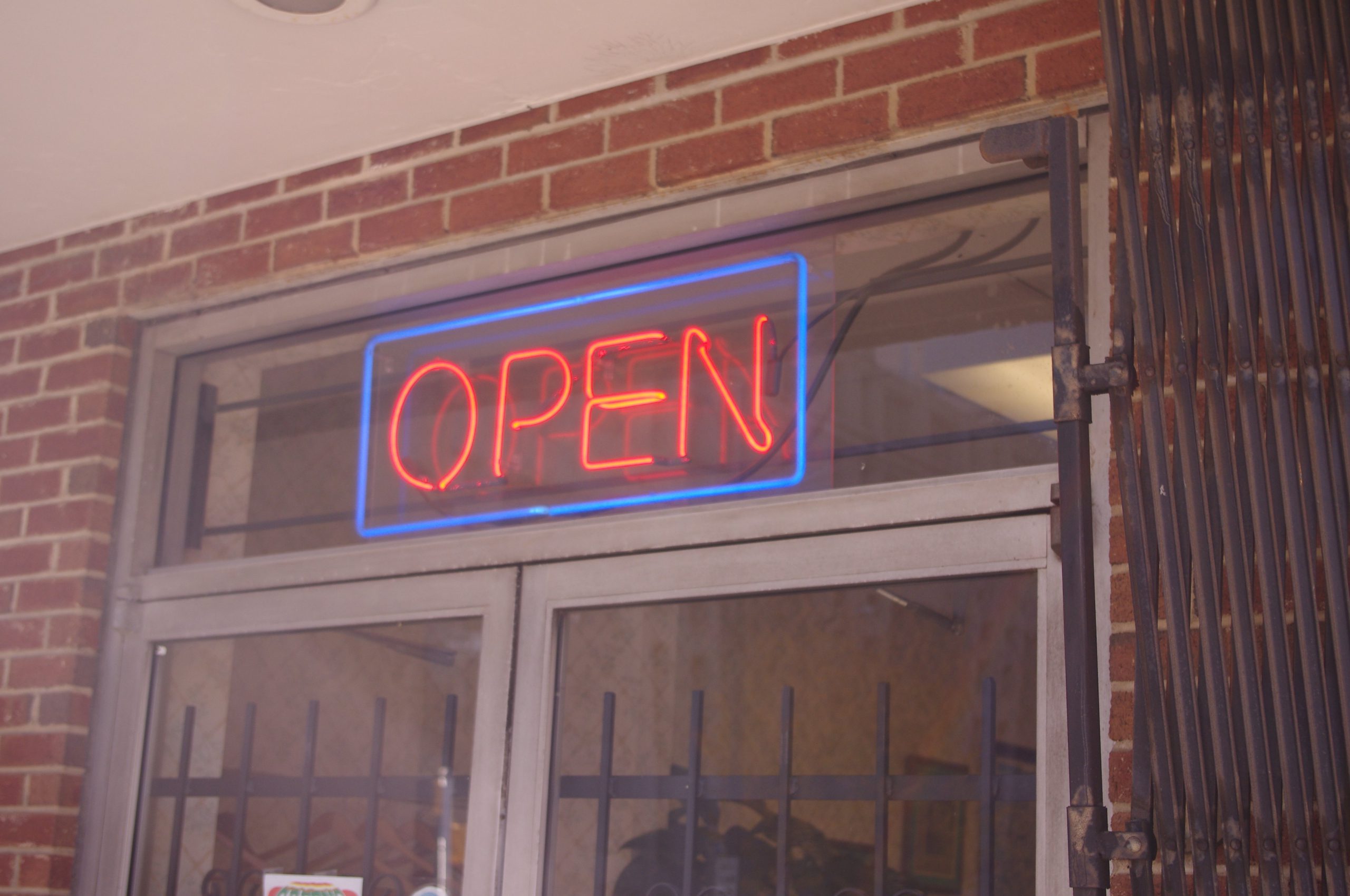
A common scenario is emerging across the country, and one which we are addressing in our office with many potential bankruptcy clients. As small businesses further feel the impact of Covid-19, business owners are wondering where—if any—the outlet valve is for them, financially.
The Small Business Catch-22
There is a catch-22 in a small business bankruptcy scenario, in that the business may be providing enough money for the owner and their family to operate their personal household, but not enough money to pay the expenses required to keep the business going.
While this scenario may have been somewhat tenable for restaurant owners and other small business owners during the moratorium on foreclosure and eviction, those days are nearly over. As courts re-open in North Carolina, foreclosures, evictions, and creditor lawsuits will move forward. Without an influx of income or some other relief, this will no doubt place business owners in an untenable position.
The business owner wants to continue to operate the business to bring in necessary income to live off of, but they cannot keep up with the mounting debt and invoices.
How Can Bankruptcy Help?
The type of debt you carry will be a key factor in how your small business will be affected by a bankruptcy filing. Second, the value of your business inventory and assets will be a factor. If your business debt is unsecured debt, you may be able to protect your equipment and inventory from creditors in a bankruptcy. Lastly, you can exempt or protect some of your business inventory and equipment in bankruptcy, if it has value above and beyond what is owed to creditors who have liens against it.
Many of our small business clients elect to file Chapter 13 bankruptcy. So long as you pay your creditors the value of your unexempt business inventory and equipment over the life of the Chapter 13, you can operate your business during bankruptcy. As your business recovers and income increases, it is true your Chapter 13 payment may increase, but you always have the option of dropping out of or dismissing your Chapter 13 bankruptcy if you have recovered enough to enable you to pay your bills.
Secured Creditors
If your debt is secured by inventory or equipment, those secured creditors will take priority over other creditors. They will be entitled to either the equipment, or payment up to the value of that equipment. Depending upon whether the secured creditor was a purchase money creditor, or a general line of credit creditor who took a security interest in equipment you already owned, we can advise how that debt and equipment will be treated in a bankruptcy.
Back Rent In Chapter 13
Chapter 13 offers you the ability to stop an eviction by a landlord, if you show you will be able to pay rent going forward, while slowly making up the missed rent in your Chapter 13 payments. Chapter 13 is typically a 60 month plan, so your back rent is paid over that 60 month period while you continue to make your normal rent payments. The length of your lease will be a factor, as well as whether your landlord has already obtained an order in the eviction process. The end of the moratorium on evictions certainly make the likelihood of filing to avoid eviction a reality.
Walking Away From The Business In Bankruptcy
If you are ready to walk away from the business, you may qualify for a Chapter 7 or a Chapter 13. While this means you would most likely file bankruptcy and dissolve the corporate (business) entity, there is nothing to stop you from forming a new company on the heels of bankruptcy and doing business again under a new name.
Speak With A Charlotte Small Business Bankruptcy Lawyer Today
Call today if you have questions about your small business, equipment and inventory in bankruptcy, or other concerns. The consultation is free, and we are here to help. We can be reached at 704.479.7747. Or, you can click HERE to request a free consultation.

